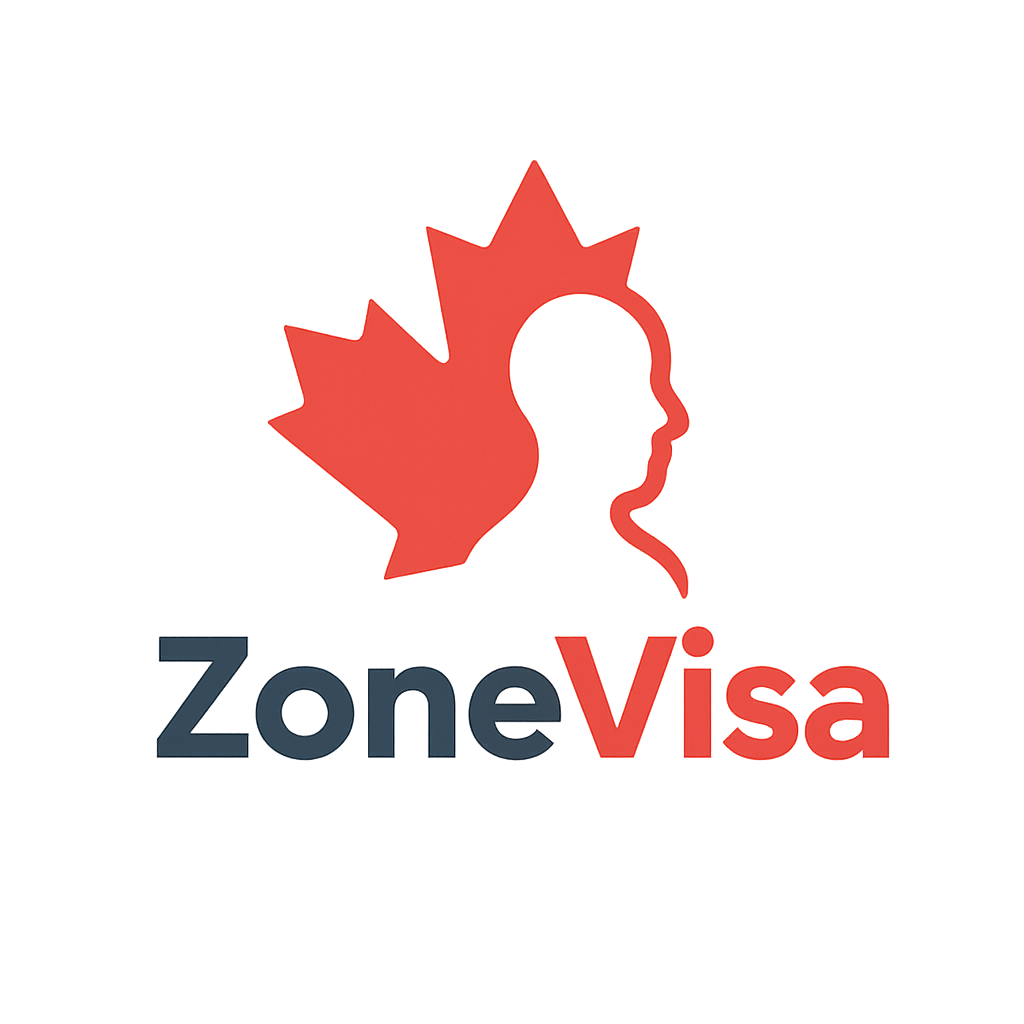Canadian Study Permits 2026
Complete guide to studying in Canada including study permit requirements, DLI selection, and Post-Graduation Work Permit (PGWP) pathway to permanent residence.
Study Options in Canada
Choose the right program level for your academic and immigration goals
Secondary School
High school programs for international students aged 13-18. Excellent preparation for Canadian post-secondary education.
Key Requirements:
- Acceptance letter from Canadian high school
- Proof of financial support
- Custodian declaration (if under 18)
- Medical exam (if required)
College/Diploma Programs
Practical, career-focused programs typically 1-3 years in length. Excellent job prospects and PGWP eligibility.
Key Requirements:
- Acceptance from DLI college
- Language proficiency proof
- Academic transcripts
- Statement of purpose
University Bachelor's
Undergraduate degree programs typically 3-4 years. Strong foundation for career advancement and graduate studies.
Key Requirements:
- University acceptance letter
- High academic standing
- English/French proficiency
- Standardized test scores (if required)
Graduate Programs
Master's and PhD programs for advanced study and research. Highest CRS points for Express Entry applications.
Key Requirements:
- Bachelor's degree or equivalent
- Research proposal (for PhD)
- Letters of recommendation
- High language proficiency
Post-Graduation Work Permit (PGWP) Benefits
Your pathway from international student to Canadian permanent resident
Open Work Permit
Work for any employer in Canada without needing a job offer or LMIA. Maximum flexibility to explore career opportunities.
Canadian Experience
Gain valuable Canadian work experience that significantly boosts your Express Entry CRS score and qualifies you for CEC.
Duration Based on Study
PGWP validity matches your study duration (minimum 8 months, maximum 3 years). Longer studies = longer work permit.
Family Benefits
Your spouse may be eligible for an open work permit, and children can attend Canadian schools at domestic rates.
PGWP Eligibility Requirements
- • Graduated from eligible Designated Learning Institution (DLI)
- • Completed full-time study for at least 8 months
- • Apply within 180 days of receiving final grades or graduation
- • Had valid study permit when completing program
- • Program must lead to degree, diploma, or certificate
Study Permit Application Process
Step-by-step guide to obtaining your Canadian study permit
Choose Program & School
2-6 monthsResearch and select a program at a Designated Learning Institution (DLI). Consider factors like program quality, location, cost, and PGWP eligibility.
Apply to School
1-4 monthsSubmit application to chosen institution with required documents including transcripts, language test results, and statement of purpose.
Receive Letter of Acceptance
2-8 weeksOnce accepted, you'll receive a Letter of Acceptance from the DLI. This is required for your study permit application.
Apply for Study Permit
1-2 weeksSubmit study permit application to IRCC with Letter of Acceptance, financial proof, and other required documents.
Processing & Decision
4-16 weeksIRCC processes your application. Processing times vary by country. You may need to provide biometrics and attend an interview.
Arrive in Canada
1-2 weeksUpon approval, travel to Canada and complete landing procedures at the port of entry to receive your study permit.
Financial Requirements for Study Permits
Proof of funds required to support your studies and living expenses in Canada
Tuition Fees
- • College/Diploma: $12,000-$22,000/year
- • University Bachelor's: $20,000-$40,000/year
- • Graduate Programs: $15,000-$50,000/year
- • Varies by province and institution
Living Expenses
- • Single student: $15,000/year minimum
- • With spouse: +$4,000/year
- • Per child: +$3,000/year
- • Higher in major cities (Toronto, Vancouver)
Proof of Funds
- • Bank statements (4-6 months)
- • Guaranteed Investment Certificate (GIC)
- • Student loan documentation
- • Scholarship/funding letters
Find Out If You Qualify
Get instant results with our comprehensive eligibility assessment tool. Find out which immigration programs you qualify for and get a personalized roadmap to Canada.
✓ Instant results ✓ No registration ✓ RCIC reviewed
Study Permit FAQ
Can I work while studying in Canada?
Yes, with a valid study permit, you can work up to 20 hours per week during academic sessions and full-time during scheduled breaks (summer, winter holidays). You don't need a separate work permit. However, you cannot work off-campus during your first 6 months of study unless you're in a graduate program.
What is a Designated Learning Institution (DLI)?
A DLI is a school approved by a provincial or territorial government to host international students. Only students attending DLIs can apply for study permits. Each DLI has a unique number that starts with "O" and you must include this number in your study permit application. Not all DLI programs are eligible for PGWP, so verify eligibility before applying.
How long is a PGWP valid for?
PGWP validity depends on your program length: 8 months to less than 2 years of study = PGWP valid for same length as study period; 2 years or more of study = 3-year PGWP (maximum). You can only receive one PGWP in your lifetime, so choose your program carefully. The PGWP cannot be renewed or extended.
Can my family come with me while I study?
Yes, if you're studying in a degree, diploma, or certificate program at a DLI, your spouse may be eligible for an open work permit, and your dependent children can apply for study permits to attend Canadian schools. Your family members must apply separately and meet all requirements including medical exams and background checks.
What happens if I change programs or schools?
You must notify IRCC within 10 days of changing programs, schools, or stopping studies. If you change to a different level of study or different institution, you may need to apply for a new study permit. Changing from a PGWP-eligible program to a non-eligible one could affect your future PGWP application. Always consult with an immigration consultant before making changes.
Ready to Start Your Canadian Education Journey?
Get expert guidance on program selection, study permit applications, and your pathway to permanent residence through education.
Expert RCIC guidance • DLI selection • PGWP pathway • Study-to-PR strategy
